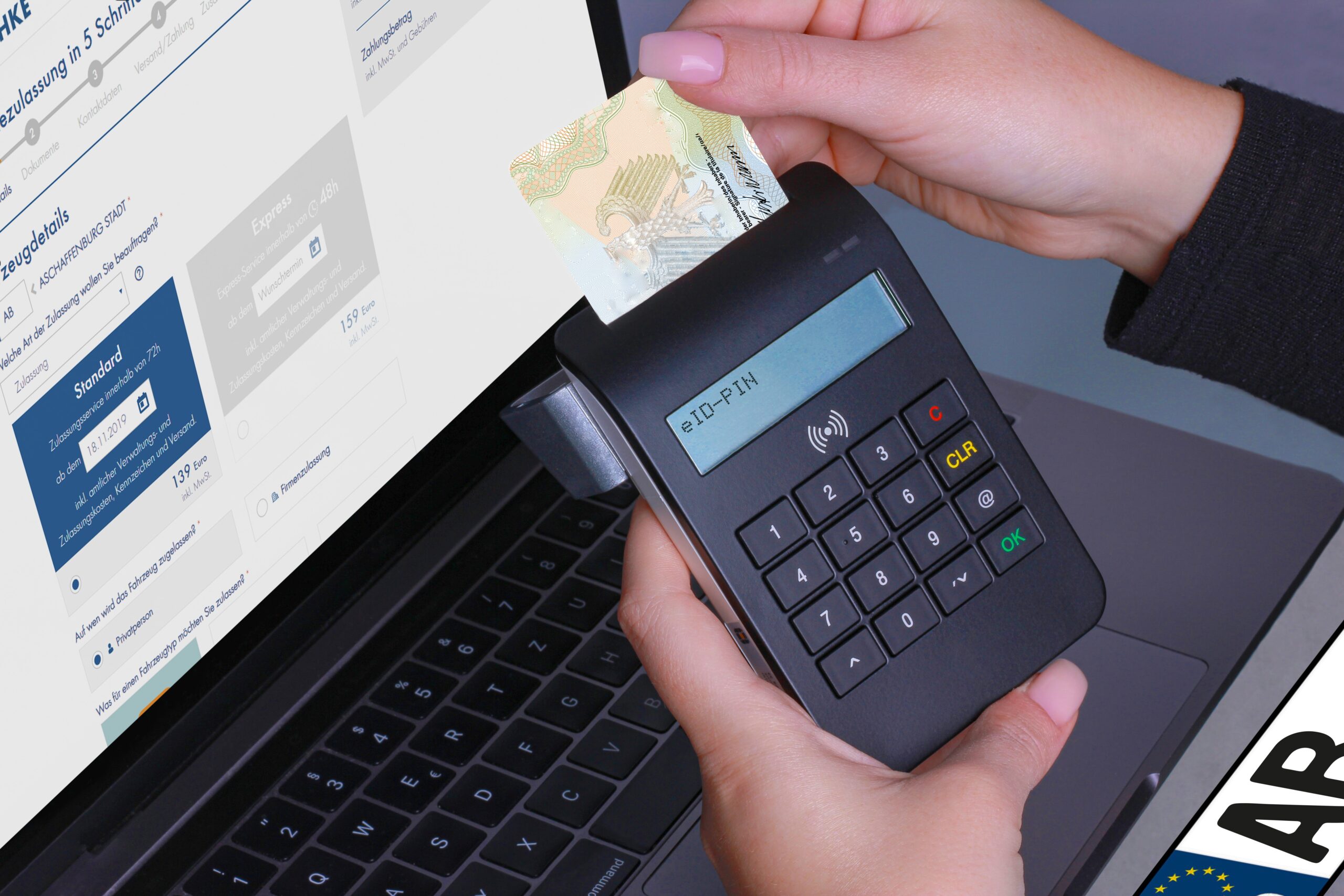In July, the Central Bank of Egypt (CBE) took a significant step by issuing comprehensive regulations for licensing, registering, governing, and monitoring digital banks within the local market. Since then, Egypt has witnessed a flurry of announcements from various banks and e-payment service providers, all geared up to launch digital banking services that promise end-to-end financial solutions without the need for physical branches.
The regulations for digital banks by the CBE require an issued and paid-up capital of $ 64.7 million (EGP 2 billion) for offering all banking services except for large-scale business financing. If they want to provide services to large-scale businesses, their capital must be increased to EGP 4 billion. Additionally, the CBE mandates that a financial institution with a portfolio of relevant projects and operations must be the largest shareholder of digital banks, holding at least 30% of the total capital.
These announcements have included prominent names such as Fawry and O Pay, the Bank Misr-affiliated Digital Innovation company, financial services provider Belton, and even Egyptian billionaire Naguib Sawiris, who has expressed his intention to obtain a license for a digital bank. As digital banks prepare to reshape Egypt’s financial landscape, important questions arise about the safety and quality of these services, especially in a nation grappling with economic uncertainty.
Ensuring safety, quality
Fintech services, also called digital banks, offer banking services similar to traditional banks but without physical branches. This is a significant change in the Egyptian market, aligning with the government’s goals of promoting financial inclusion and digital transformation.
Ensuring the safety and quality of service for users is a major concern with the introduction of digital banks in Egypt. According to Mohamed Elharty, CEO of Sandex Consulting and Digital Advisor, digital banks are necessary to support business growth and provide efficient financial services in Egypt. He highlights the benefits of accessibility, cost-effectiveness, and innovative product offerings that have transformed the banking industry.
Elharty emphasizes the critical role digital banks will play in driving the growth of the Egyptian economy and empowering businesses in various sectors.
“Digital banks in Egypt offer a significant advantage by providing businesses with convenient and accessible financial services,” Al Elharty pointed out. He highlighted that traditional banking systems often come with limitations, while digital banks in Egypt offer uninterrupted access through user-friendly financial applications and online platforms.
“This capability allows businesses of all types to swiftly open accounts, manage transactions, and access a comprehensive array of financial services in a secure and efficient manner,” Elharty elaborated. He underscored how this level of convenience saves businesses valuable time and effort, enabling them to concentrate on their core operations and enhance overall productivity.
Lower costs
Elharty further highlighted the significant contribution of digital banks in Egypt to achieving financial inclusion, especially for small and medium-sized enterprises (SMEs) that may face limited access to traditional banking services.
“These digital institutions operate with lower operating costs compared to traditional banks, and they also offer an avenue for non-banking financial service providers, such as electronic payment services, to obtain digital banking licenses. This enables them to provide customers with a multitude of benefits and connect them with local market opportunities,” he elaborated.
According to Elharty, companies can benefit from better access to financial services to participate more effectively in the economy and take advantage of growth opportunities. Elharty also pointed out that digital banks in Egypt have leveraged technology to create innovative financial products and services that meet the specific needs of businesses. These banks offer flexible lending solutions, such as digital loans and lines of credit, with streamlined application processes and quick approval times. Also, they collaborate with financial technology companies to provide value-added services like accounting integration, invoice financing, and supply chain financing, which further increase financial support for businesses. Additionally, digital banks play a crucial role in promoting financial literacy and education among businesses in Egypt.
“Through their digital platforms, they provide valuable resources such as financial management tools, dynamic data, and real-time transaction tracking. These resources empower businesses to gain a better understanding of their financial health, make informed decisions, and enhance their financial management practices,” Al Harthi explained.
Healthy competition
Yet, can banking services like this be successful in a developing middle-income country like Egypt?
As per Hany Abo El-Fotouh, a banking expert, the success of the new service will rely on its user-friendliness, effective promotion to increase financial inclusion, and the provision of reliable infrastructure and internet connectivity by the government to support digital banking operations.
According to Abo El-Fotouh, the potential for digital banks to replace traditional banks in Egypt will depend on how users respond to this new banking pattern. He believes that traditional banks will not be completely replaced, as they have extensive experience and a large client database. However, the emergence of digital banks will create healthy competition in the banking sector, encouraging traditional banks to improve and modernize their services.







